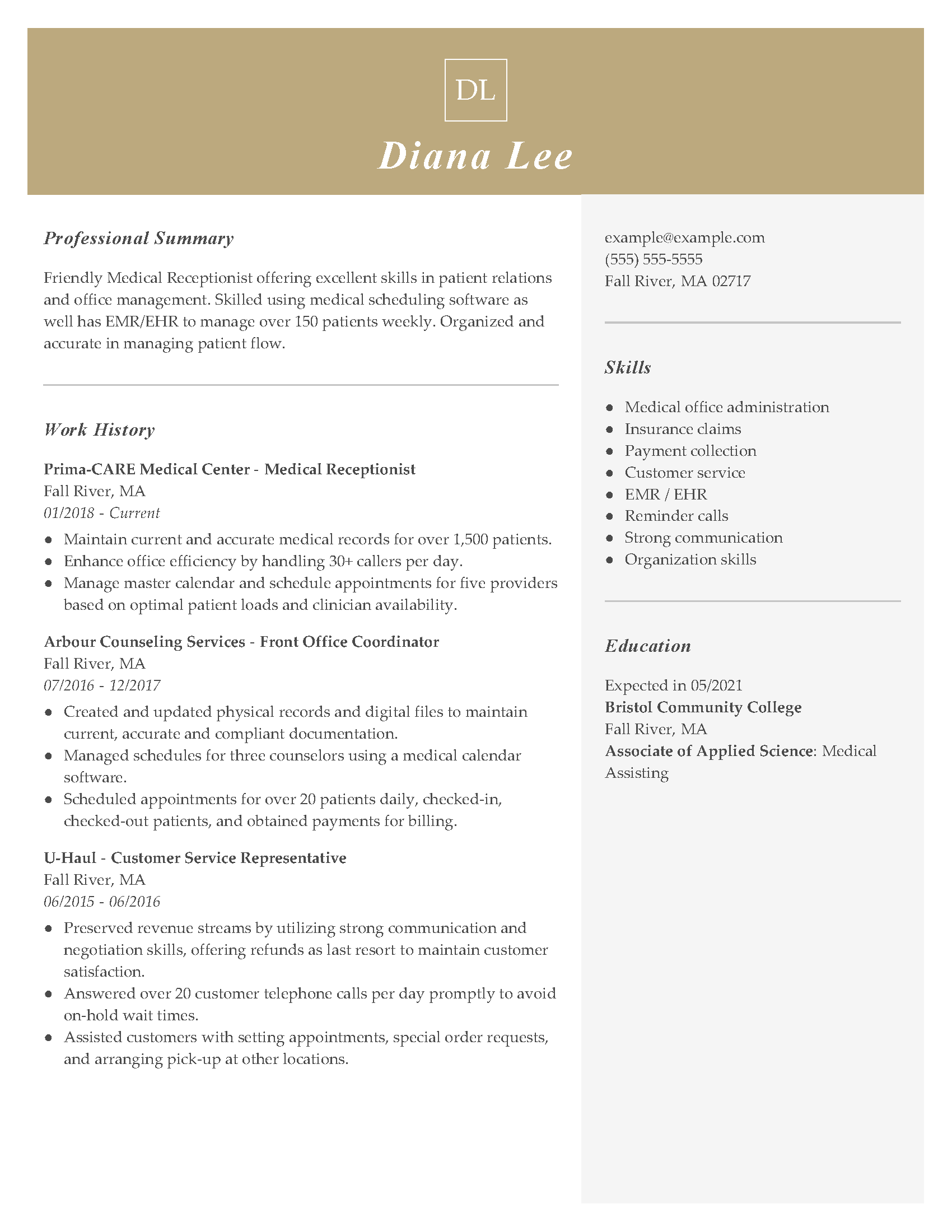Table of Content
Keep in mind that the level of care varies depending on the state you’re in, so the criteria that might make one eligible in one state, may not apply to the other. Medicaid coverage amounts may vary from state to state, depending on the demand for nursing home care coverage. For example, the average cost of nursing home care in the state of California is on the higher end at $304 a day, compared to Texas at $165. This greatly impacts the coverage and benefits you can receive from Medicaid to offset the costs of nursing home care.

This might include inpatient treatment, skilled nursing support, and certain types of care at home. If your loved one or their spouse worked and paid taxes, they might not have to pay a premium for this type of care. Alternatively, they might be eligible to purchase Part A coverage. Also generally does not cover long-term custodial care, but plans may include supplemental coverage to assist with some home health care costs.
To What Extent Will Medicare Cover Long
So if you're planning for yourself, or caring for an older relative, here's what you need to know. Medicare supplement plans are not connected with or endorsed by the U.S. Veryone deserves the peace of mind they get knowing they made the right decision about their Medicare coverage. When he's not working, Eric enjoys spending time with family and friends, watching Tampa sports, and playing the occasional round of golf.

Medicaid will pay for nursing home care on an ongoing, long term basis for however long that level of care is required, even if it is required for the remainder of one’s life. You can use your personal money and savings to pay for nursing home care. Some insurance companies let you use your life insurance policy to pay for long-term care. Contact your insurance provider for more information on what your private insurance covers.
Medicare Supplement Insurance
Many Americans who are in need of long-term care apply after spending down their resources to the point of qualifying. Contact your State Health Insurance Assistance Program for information on eligibility. At this point, the beneficiary will have to assume all costs of care, except for some Part B health services. Are you feeling confused about the benefits and requirements of Medicare and Medicaid? Medicare also has helpful resources to help you find nursing homes that accept Medicare in your area.

Most health care costs are covered if you qualify for both Medicare and Medicaid. Finally, keep in mind that it is possible to qualify for and be covered by both Medicare and Medicaid simultaneously. Such individuals are known as dually eligible beneficiaries.
Medicare nursing home coverage eligibility
Qualifications for covered nursing home care vary by state, though. Unlike Medicare, which is managed federally, Medicaid is managed by the states and based on income. If you need coverage for long-term nursing home care and you served in the military, you may qualify for aid through the United States Department of Veterans Affairs. Medicare does not cover nursing home service if the only care you need is custodial. This means that you will not receive coverage if you go into a nursing home for help with daily activities like bathing, eating, dressing, and using the bathroom. For example, if the applicant has made bona fide efforts to sell the property, but is unable to do so, the property won’t be included in the countable resources.
Alternatively, you can log onto the Medicare website and start a live chat with an expert. Financial organization Genworth tracked the cost of care in skilled nursing facilities and nursing homes from 2004 to 2019. Medicare Part B is the portion of Medicare that pays for outpatient services, such as doctor’s visits and health screenings.
What parts of nursing home care does Medicare not cover?
Also, they must treat current conditions or any new condition that occurs during your stay at a Skilled Nursing Facility. Below, well go over what you need to know about Medicare coverage for Skilled Nursing Facilities. For a beneficiary to extend healthcare services through SNFs, the patients must undergo the 3-day rule before admission. The 3-day rule ensures that the beneficiary has a medically necessary stay of 3 consecutive days as an inpatient in a hospital facility. This doesnt include the day of the patients discharge, any outpatient observations, or the time spent in the emergency room.
Medicare covers skilled nursing facility care after a qualifying hospital stay. Medicare does not pay for long-term custodial care at a nursing home for patients with Alzheimer’s. If your doctor has determined that you need skilled nursing care, Medicare will pay for nursing home care for up to 100 days like in all other cases. Your Medicare Plan A benefits will also not cover nursing home care beyond 100 days even if the patient is receiving skilled nursing care. This means that after 100 days of coverage all costs revert back to the patient. Medicare covers nursing home care only in instances where a doctor has determined you require daily, skilled nursing care for treating a hospital-related medical condition.
Companies displayed may pay us to be Authorized or when you click a link, call a number or fill a form on our site. Our content is intended to be used for general information purposes only. It is very important to do your own analysis before making any investment based on your own personal circumstances and consult with your own investment, financial, tax and legal advisers. The Medicaid.gov website can connect you to information about your state's Medicaid plan. For help in choosing a Medigap plan, visit your local State Health Insurance Assistance Program . Medicare supplement plans cannot be held with Medicare Advantage plans.

Ways to spend down assets without violating this rule include purchasing an irrevocable funeral trust, paying off debt, and buying medical devices that are not covered by insurance. There are also several Medicaid planning strategies not mentioned on this page that can be used to help persons meet Medicaid’s asset limit. But our licensed insurance agents are more than willing to consult with you about coverage and options. The agents can help you look into Medicare Supplemental plans that could assist in extending benefits for this type of care.
While in the hospital, talk to a social worker about post-discharge care plans. Direct nursing services including registered nurses, licensed practical nurses, technicians, social workers, and dietitians. Dialysis treatments from a Medicare-certified dialysis facility when traveling in the U.S. In the event that you find out the nursing home is not Medicaid-certified, you would have to transfer to a nursing facility that’s covered by Medicaid.

This includes the routine, sometimes “unskilled” services like help with bathing, dressing, or bathroom use. Medicare may cover a limited number of services within nursing homes for patients who meet specific criteria. Medicaid can potentially pay for a nursing home and cover certain services pending financial eligibility and whether the service is deemed medically necessary. Unlike Medicare, Medicaid can pay for long-term stays at a nursing home facility and provide room and board for older adults. Depending on the state you’re living in, Medicaid may pay the full cost of a nursing home, including any additional services required.
Some Medicaid services are covered 100 percent, but others are not. Because individual states manage their own Medicaid programs, the extent of coverage depends on your facility's location. For example, different states might cover routine dental services or have higher cost allowances. The federal government does require Medicaid-certified nursing homes to provide the same minimum services. A majority of nursing homes accept Medicaid; however, this is also largely dependent on the state you reside in.




No comments:
Post a Comment